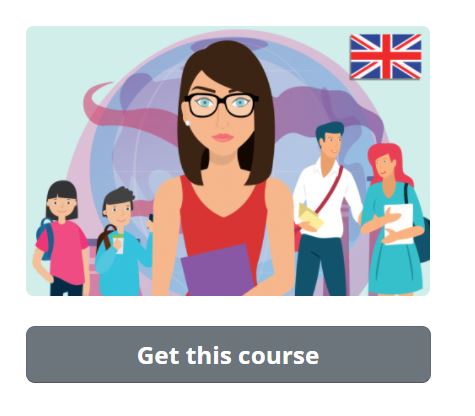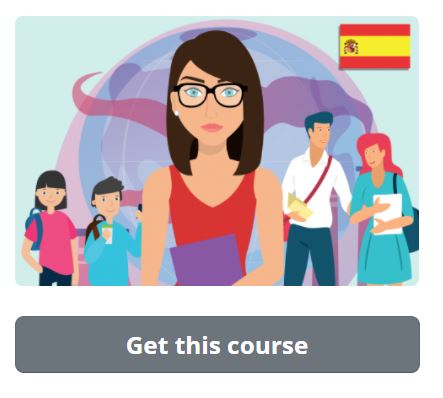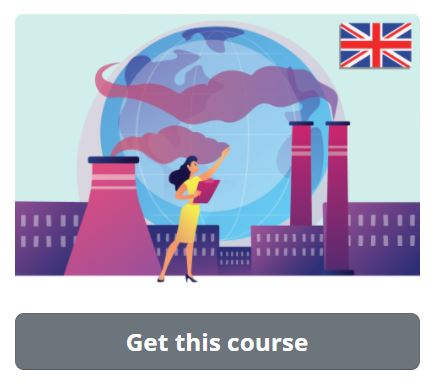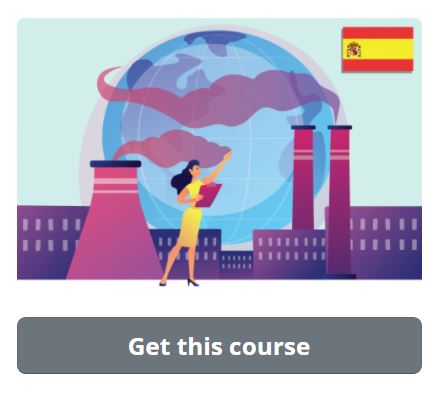The D-NOSES MOOCs (Massive Open Online Course) on Odour Pollution were developed by the educational team of MIO-ECSDE in cooperation with the D-NOSES partners. The MOOCs offer open access to information on the issue of odour pollution, in line with Principle 10 of the Rio Declaration (1992), and aim to empower citizens and stimulate public participation in odour monitoring processes – a central element of the D-NOSES project.
The MOOCs have been developed in the framework of the D-NOSES Project: “Distributed Network for Odour Sensing, Empowerment and Sustainability” that aims at introducing odour pollution in the policy agendas. D-NOSES has received funding from the European’s Union Horizon 2020 Science with & for Society Call (SwafS) under grant agreement No. 789315.
The MOOCs have been developed applying a participatory approach and are based on Education for Sustainable Development (ESD) principles and gender inclusiveness. They are available in English and in Spanish.
D-NOSES MOOC on Odour Pollution for Educators
This D-NOSES MOOC enables formal educators (school teachers) and non-formal educators (NGO staff dealing with Education) to understand and explore what odour pollution is and provides a set of learning activities that they can use in their teaching context.
The MOOC supports educators to introduce the topic to their target audiences, not only students but also learners in the wider sense, such as life-long learners, citizens, etc. Part I examines what generates odour pollution, its impacts -environmental, social, health and economic- and sheds light on the various D-NOSES resources and tools that can support citizens to address the problem. Part II presents a series of learning activities (by suggested age groups) that can be used by educators.
D-NOSES MOOC on Odour Pollution for the Public
This D-NOSES MOOC invites everybody to explore the problem of odour pollution. Take the course if you want to :
- understand what generates the problem of odour pollution and how it affects our lives,
- examine its impacts – environmental, social, health and economic
- get informed on the available tools for tackling the problem and what we can do as citizens about it.



